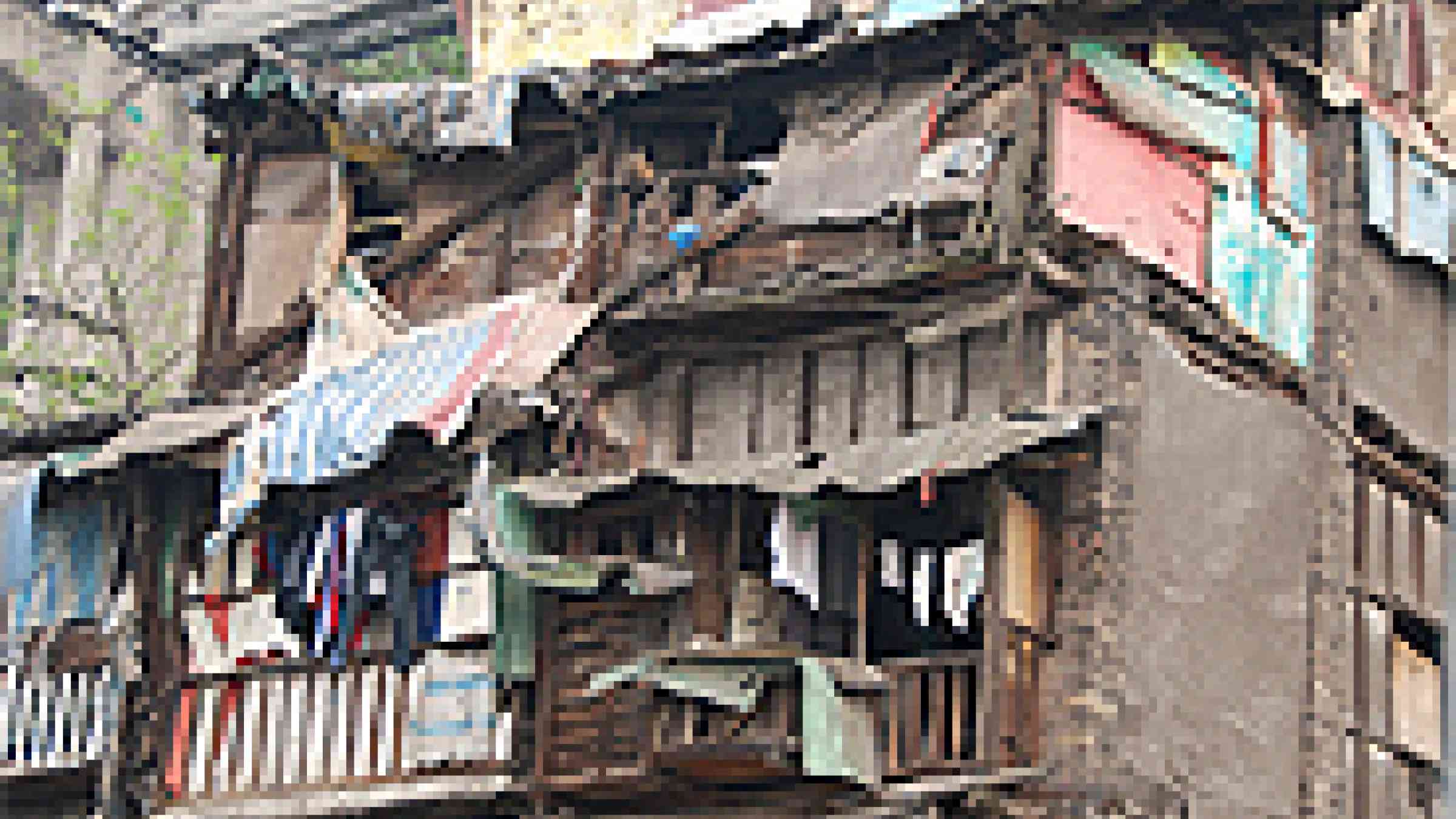Urbanization: International Red Cross and Red Crescent Movement stresses importance of community-based action

ICRC News release: 62/10
Geneva – Violence, poverty, food shortages, insufficient health care, inadequate access to water and sanitation and escalating human vulnerability are among the many challenges facing people in cities and other densely populated areas around the globe. Yet the urban way of life also presents enormous opportunities and can serve as an engine of social inclusion, cultural expression, diversity and economic growth.
For the first time, more than 50% of the world’s population is living in urban areas, a figure that is forecast to rise to more than 60% in 2030. Cities in the developing world are expected to account for 95% of urban growth over the next two decades.
The Red Cross and Red Crescent is marking 8 May, World Red Cross and Red Crescent Day, by focusing attention on both the challenges and opportunities presented by urbanization.
"The recent devastation in Haiti reminds us of the impact disasters can have on densely populated urban areas, " said Tadateru Konoé, the president of the International Federation of Red Cross and Red Crescent Societies (IFRC). "And our commitment is to work with the communities, local government and other local partners to improve health care and water and sanitation services, to make effective early warning and early action systems and to deliver earthquake-resistant shelters that will help save lives in future disasters."
"Many cities are directly affected by armed conflicts and other situations of violence," said Jakob Kellenberger, the president of the International Committee of the Red Cross (ICRC). "Think of Mogadishu, Baghdad or Kabul – but also Rio de Janeiro or Nairobi – as examples of situations that cause severe human suffering. Even in some cities not experiencing war, violence has reached unprecedented proportions. I would not be surprised if our humanitarian work will in future increasingly happen in cities affected by various types of violence other than armed conflict."
Around the world, National Red Cross and Red Crescent Societies are working with city leaders and civil society to address urban challenges by aiming at their root causes. They focus on promoting diversity, opposing discrimination, and joining in efforts to provide decent social services and to ensure that adequate protection, preventive health-care, education and disaster risk reduction measures are taken. Red Cross Red Crescent volunteers are at the heart of the Movement's endeavours to strengthen urban communities.
The International Red Cross and Red Crescent Movement is reiterating its global call to action launched on 8 May 2009: Our world. Your move. This effort reminds all of us that we have a role to play to make the world around us better. Each and every one of us can make a difference by engaging in positive action in our communities. People around the world are invited to share their stories of change on: www.ourworld-yourmove.org.
For further information, please contact:
Zach Abraham at the IFRC on +41 79 308 9804
Florian Westphal at the ICRC on +41 22 730 2282